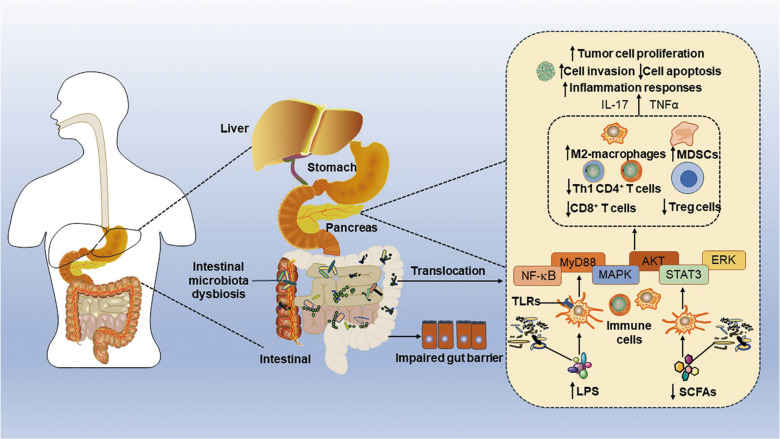Fig. 4. Proposed relationship between gut microbiota dysbiosis and pancreatic cancer development.
Gut dysbiosis during pancreatic cancer (PC) is responsible for impairment of the gut barrier and translocation of the microbiota and microorganism-associated molecular patterns, such as lipopolysaccharide (LPS), to the pancreas. The leakage of LPS, which activates Toll-like receptors (TLRs) that are expressed on various immune cells, activates the myeloid differentiation primary response protein (MyD88), nuclear factor-κB (NF-κB), mitogen-activated protein kinase (MAPK), and signal transducer and activator of transcription 3 (STAT3) signaling pathways, ultimately inhibiting Treg polarization of the T cell response and decreasing Th1 CD4+ T cell and CD8+ T cell recruitment, and supporting M2 macrophage polarization and myeloid-derived suppressor cell (MDSC) production. Consequently, these processes initiate the inflammatory response and tumor cell invasion and proliferation, and finally promote the progression of pancreatic cancer. LPS lipopolysaccharide, MAPK mitogen-activated protein kinase, MDSCs myeloid-derived suppressor cells, MyD88 myeloid differentiation primary response protein, NF-κB nuclear factor-κB, PC pancreatic cancer, SCFAs short-chain fatty acids, STAT3 signal transducer and activator of transcription 3, TLRs Toll-like receptors.

